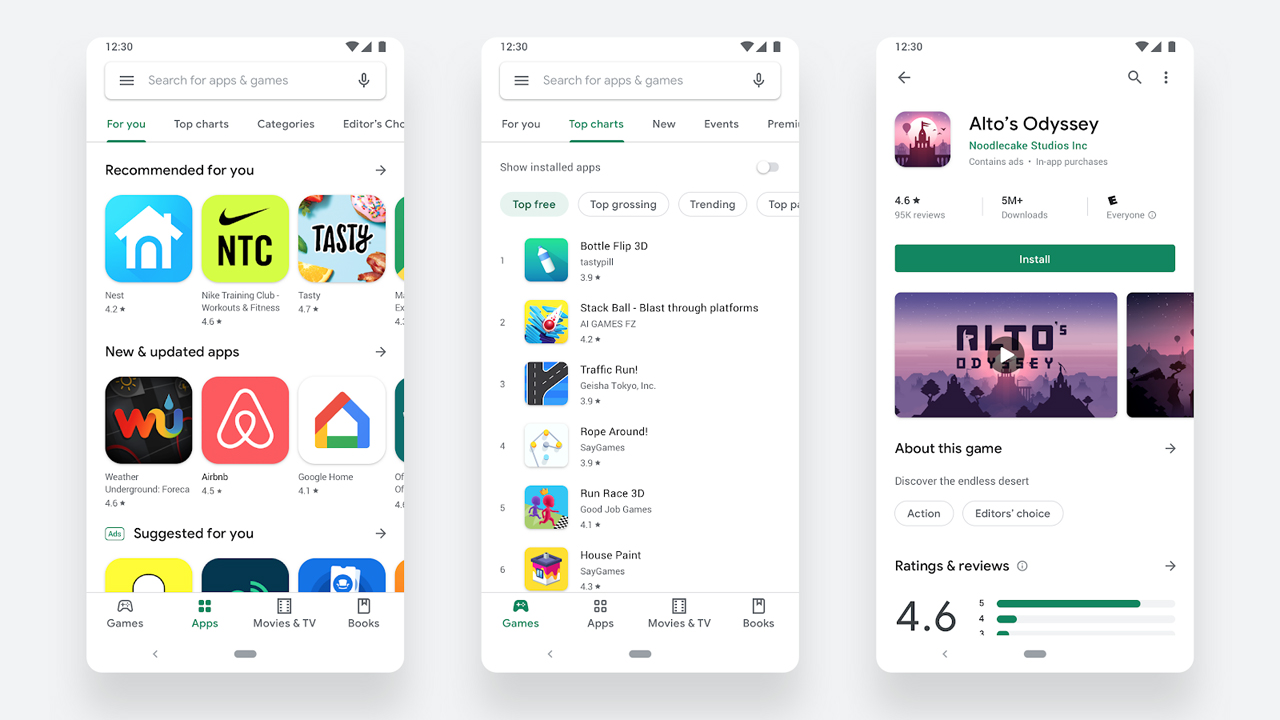Match Group Sues Google, Google Bites Back
- Paul Thurrott
- May 10, 2022
-
6

Tinder parent company Match Group sued Google this week for abusing its monopoly power over Android app distribution. But Google quickly retorted in a public forum, accusing Match Group of a “cynical campaign against Google Play.”
“This is a case about the strategic manipulation of markets, broken promises, and abuse of power that Google has employed to illegally foreclose competition in the world’s biggest mobile device ecosystem, Android, and become one of the largest, most powerful companies in the world,” the Match Group complaint notes. “Google illegally monopolized the market for distributing apps on Android devices with its Google Play Store—making it today the only viable choice a mobile app developer has to reach Android users. Now, Google seeks to eliminate user choice of payment services and raise prices on consumers by extending its dominance to the separate market for in-app payment (IAP) processors on Android. It is conditioning app availability on Google Play with exclusive use of its own in-app payment processing product.”
Windows Intelligence In Your Inbox
Sign up for our new free newsletter to get three time-saving tips each Friday — and get free copies of Paul Thurrott's Windows 11 and Windows 10 Field Guides (normally $9.99) as a special welcome gift!
"*" indicates required fields
The Match Group complaint is similar to the complaints Epic Games raised against both Apple and Google in 2020. But Google was initially lenient about third-party payment systems and is only now cracking down on that ability, wreaking havoc for mobile app developers, including big developers like Amazon. This is the source of Match Group’s “broken promises” claim, that Google engaged in “bait and switch tactics” to lull developers into complacency.
“Once it monopolized the market for Android app distribution with Google Play by riding the coattails of the most popular app developers, Google sought to ban alternative in-app payment processing services so it could take a cut of nearly every in-app transaction on Android,” the complaint reads.
Google doesn’t see it that way.
“Match Group would have you believe that all Google Play provides is payment processing. This simply isn’t true, and Match Group knows it,” Google vice president Wilson White writes in a public policy blog post in an attempt to retort Match Group’s claims. “Match Group knows Google Play provides tools and a global distribution platform that helps developers grow their business. And Match Group knows this because they have used these tools and our platform to build a very successful global business. They want access to Google Play’s global distribution platform and users, they want to unfairly leverage Google’s substantial investments in the platform, and they want it all for free.”
The issue, White says, is that building the Google Play ecosystem is expensive, and Google has the right to charge developers for that service. The Android platform that Google serves has 2.5 billion monthly active users in over 190 countries around the world, and Google says that it has spent years building trust with those users.
Google also argues that its fees are the lowest among major app stores.
“Google Play is the first major platform to move away from one-size-fits-all pricing to meet developers’ different needs,” White continues. “Today, just around 3 percent of developers are subject to a service fee and 99 percent of those developers qualify for a service fee of 15 percent or less. Match Group’s apps, for example, are eligible to pay just 15 percent on Google Play for digital subscriptions, which is the lowest rate among major app platforms.”